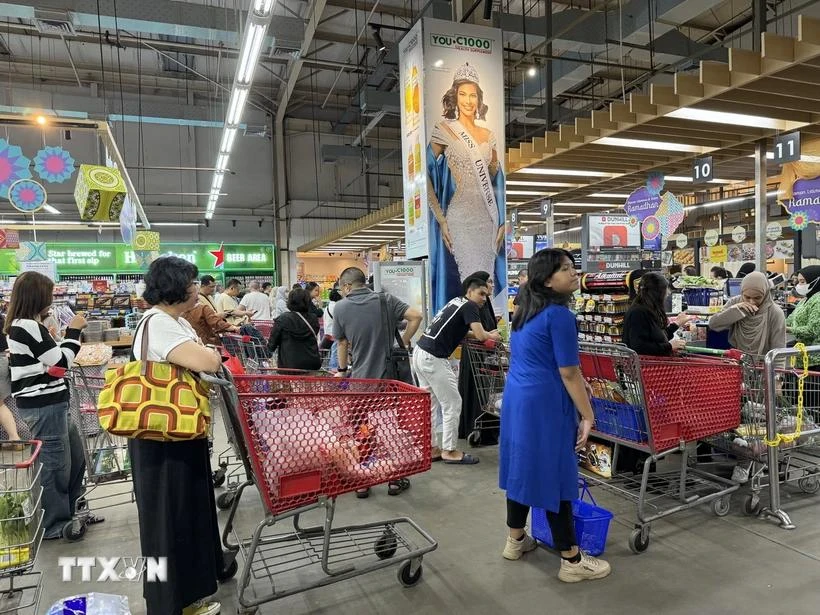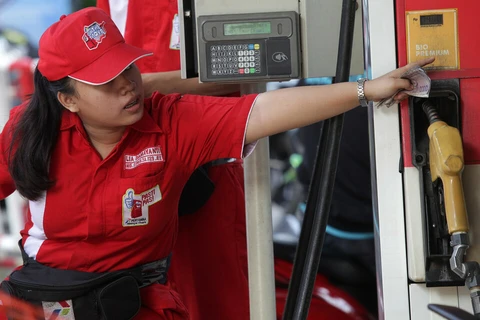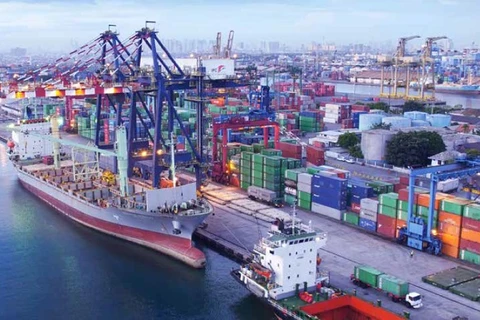
Jakarta (VNA) – The Indonesian Government has decided to launch some incentives for the middle class to promote their contributions to the national economy.
So said Indonesian Coordinating Minister for Economic Affairs Airlangga Hartarto at a press briefing after an economic dialogue held on August 27 to discuss the role and potential of the middle class.
Nearly 50% of Indonesia’s population belong to or near the middle class, with about 17.13% in the upper middle class.
Economic and financial experts pointed out that middle-class people spend the most on food, housing, education, and entertainment or services.
Airlangga Hartarto said among the new policies, first, the Government will increase the value-added tax (VAT) incentive to fuel the real estate sector, which contributed to only 2.43% of the country’s gross domestic product in the first quarter.
In this year’s second half, the incentive’s coverage will be raised from 50% to 100% of the VAT on house purchases.
Second, the Government will increase the 2024 quota for the housing finance liquidity facility support (FLPP) from 166,000 to 200,000 units starting September 1.
The incentives are expected to fuel the middle class’s purchasing power and maintain sustainability in the future, thereby contributing to economic growth, the minister said, adding that these policies were approved by President Joko Widodo and are being detailed by the Ministry of Finance./.






















